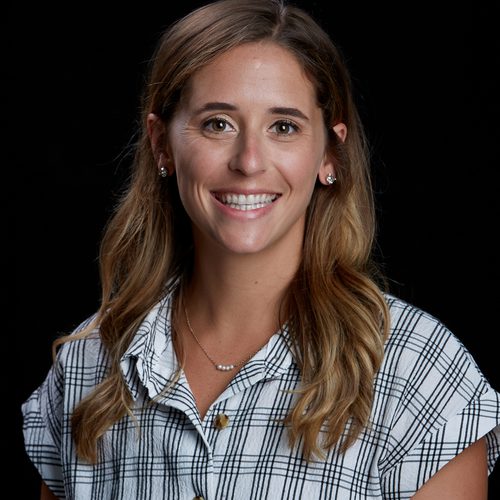(770) 344-0172
(770) 344-0172
Mar 11, 2025

Imagine if college was the first time you had to:
For many, that’s the reality—just when financial mistakes become the most costly. Mistakes are part of learning, but wouldn’t you rather your child make a $5 mistake at age 5 than a $5,000 mistake at 20? Small financial missteps early on can prevent costly ones later.
Everyday Opportunities to Teach Money Lessons
Kids naturally ask money-related questions:
Most responses are reactive—like playing financial whack-a-mole—with answers like:
Instead, try responses that encourage financial understanding:
Just as we teach kids about healthy food and relationships, we should also guide them in developing a healthy relationship with money.
Three Ways to Teach Kids About Money
Age-Appropriate Money Activities
Little Kids:
Let them watch you pay a bill online. Explain what it covers, then let them click “Pay Now.” Celebrate the moment—it builds positive associations with financial responsibility.
School-Age Kids:
Involve them in small purchases, like grocery shopping.
Let them plan a family dinner out with a set budget, ensuring they have enough to cover tax and tip.
Tweens:
Get their input on larger purchases that affect them, like a car or home project.
Discuss hidden costs like insurance and maintenance.
Teenagers:
Give them responsibility for planning part of a family trip, then gradually the entire trip within a budget.
Involve them in major financial decisions, teaching them long-term thinking.
The Money Messages You’re Sending
Your actions and words shape your child’s financial mindset. If you avoid money discussions, stress about finances, or argue about spending, they’ll absorb those patterns.
What messages are you sending?
What messages do you want to send?
Teaching kids about money takes time and intention. But by modeling smart financial behavior, encouraging discussions, and giving them hands-on experience, you can equip them with skills that will last a lifetime.

Financial Planning Associate
Melissa joined Narwhal in 2018 after completing her master’s degree in financial planning from the University of Georgia, where she also earned her bachelor’s in consumer economics. Her interest in the field began with a curiosity about how people make money decisions—and the emotions behind them. She earned her CFP® certification in 2021 and takes a financial therapy-informed approach to help clients find clarity, confidence, and direction in their financial lives.Melissa lives in Smyrna with her husband, Matt, their baby boy Emmett, and two dogs, Remi and Neely. Outside of work, she enjoys hiking and traveling with her family, practicing yoga, and soaking up slow moments at home.
At Narwhal Capital Management, you’re more than just a portfolio, and it’s not all about the numbers. Let’s start with a meeting about your needs and future goals.